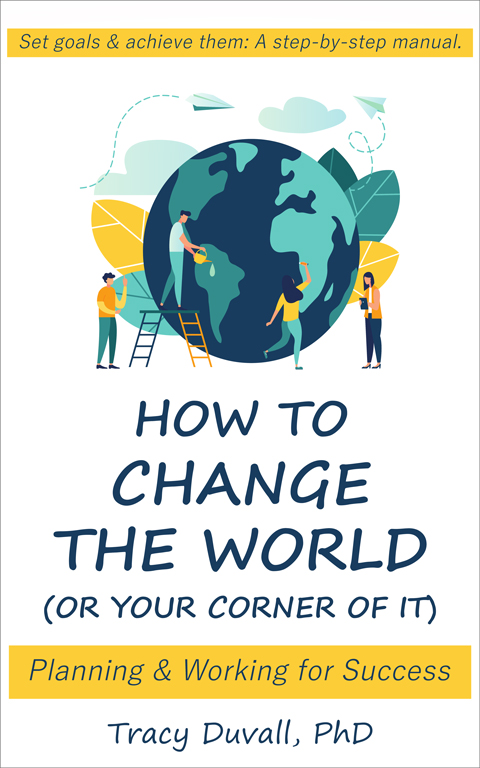A recent article in a law journal has drawn considerable attention to ‘stealthing‘: when a man secretly removes his condom and continues having sex. Aside from being a heinous violation of trust and hygiene, stealthing reveals one of the many weaknesses in surveys of condom use in East Africa. In short, people could answer honestly that they used condoms.
One of the many problems with condom-use surveys – aside from the rampant lying – is that they don’t ask how condoms are used. Continue reading

 Recently, the Wife and I visited Lancaster County, PA – aka Amish country – and decided to take a self-guided bike tour around the farmland. This was possible, despite my
Recently, the Wife and I visited Lancaster County, PA – aka Amish country – and decided to take a self-guided bike tour around the farmland. This was possible, despite my 
